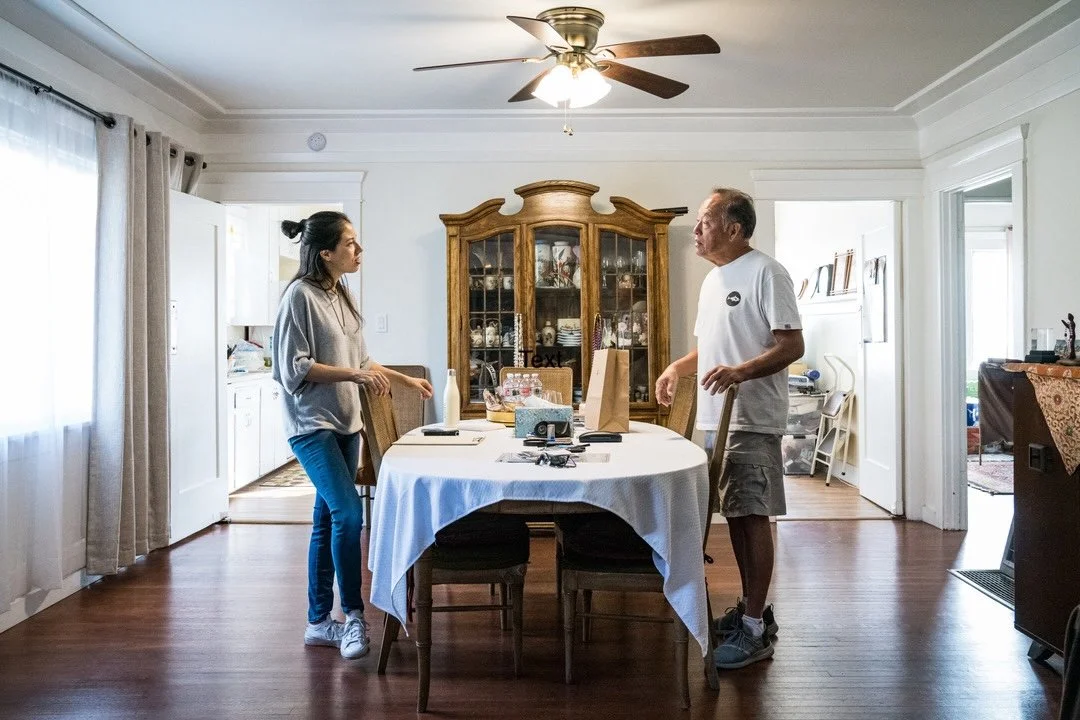
About Tessaku
Preserving Stories. Inspiring Empathy.
Tessaku’s mission is to preserve the stories of Japanese Americans incarcerated during WWII, fostering a deeper understanding of history to inspire racial empathy, tolerance, and dialogue across generations and cultures.
The word Tessaku translates to "iron fence," a term roughly meaning barbed wire. It was the name of a short-lived magazine published by the Kibei community in Tule Lake, a camp designated for those who resisted incarceration. By preserving this name, Tessaku honors the resilience, heritage, and defiance of those who refused to let their stories be silenced.
The Japanese American incarceration was a defining and harrowing moment in American history. After the signing of Executive Order 9066 in February 1942, over 120,000 people of Japanese ancestry—two-thirds of them U.S. citizens—were forcibly removed from their homes and incarcerated in camps across the country. Tessaku shines a light on this history through intimate storytelling, amplifying voices that may otherwise be lost to time.
Explore Tessaku’s Stories
Tessaku
Tessaku
The Oral History Interview Process

Hi, I’m Diana,
or Emiko, and I am the founder of Tessaku. What began as a personal journey to preserve my family’s WWII camp story evolved into a mission to amplify the voices of an entire community. I’ve spent countless hours interviewing elders about their incarceration experiences—the heartbreaking, the cruel, and, in rare cases, the moments of resilience and unexpected joy. Tessaku has become the passion of my life.
In 1942, my Kibei grandparents, both American citizens, were forcibly removed from their home in San Francisco’s Japantown. Along with my father, who was just five years old at the time, they were incarcerated in the horse stables at Santa Anita racetrack before being sent to the camps in Topaz, Utah, and Tule Lake. My grandfather, a vocal resister against the incarceration, was labeled a “troublemaker” and sent to the Citizen Isolation Camp in Leupp, Arizona, and the Department of Justice camp in Crystal City, Texas. His story, which began with a memoir that was never published, has become a cornerstone of Tessaku’s mission.
I am proud to be the descendant of a resister—a man whose bravery and defiance once marked him as a thorn in the side of the system, but whose legacy now inspires me to tell these stories.







